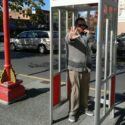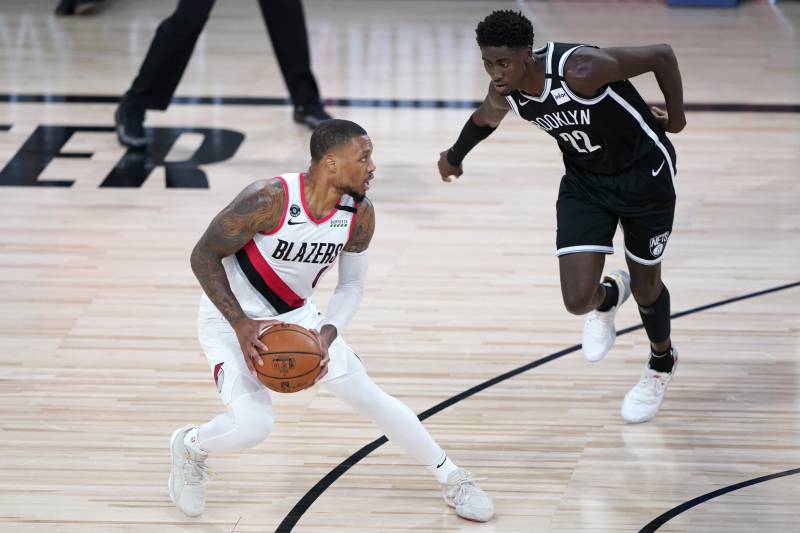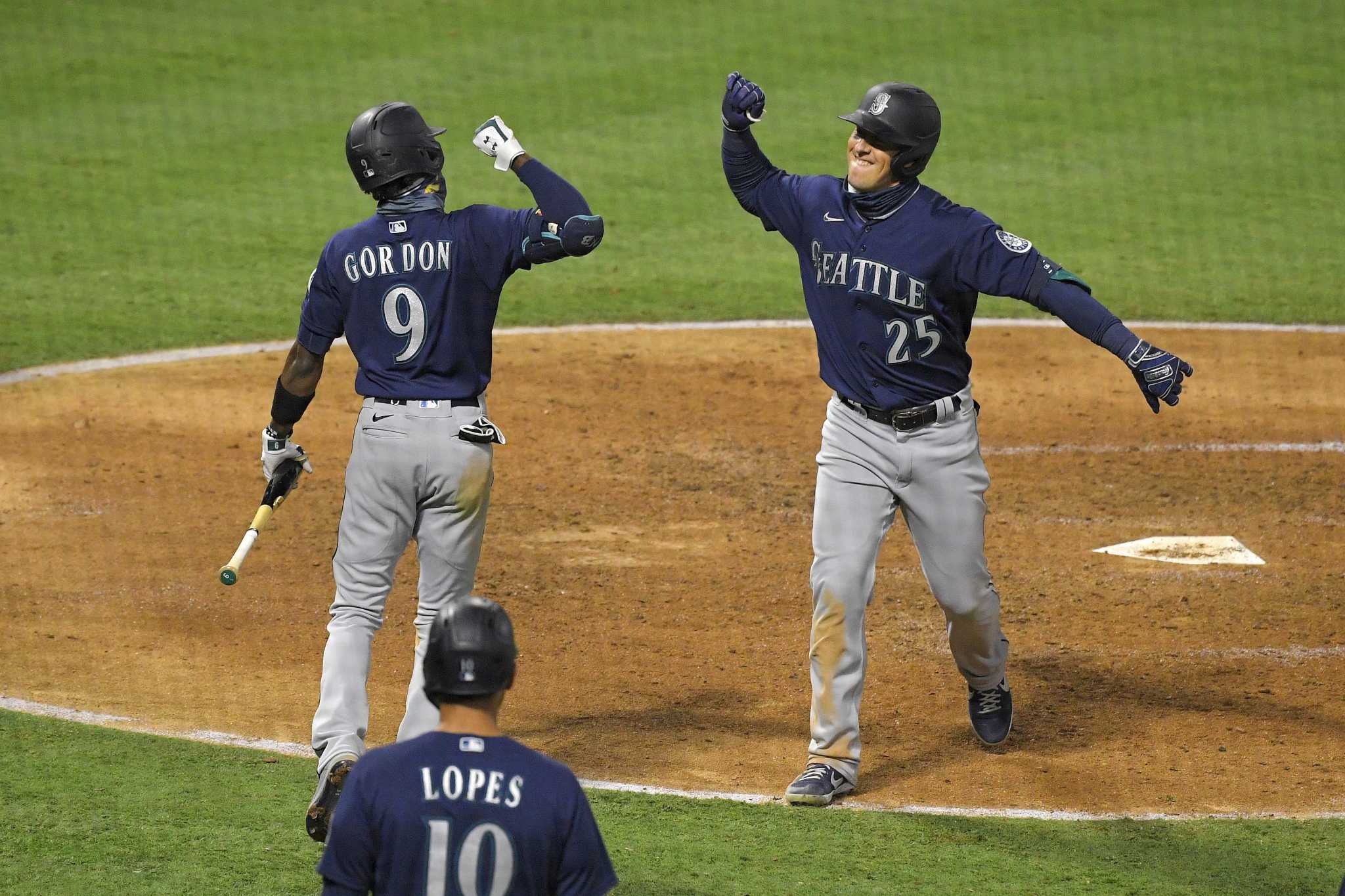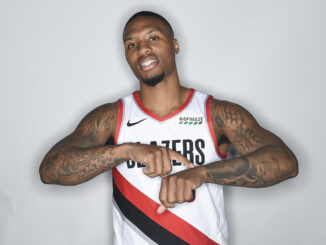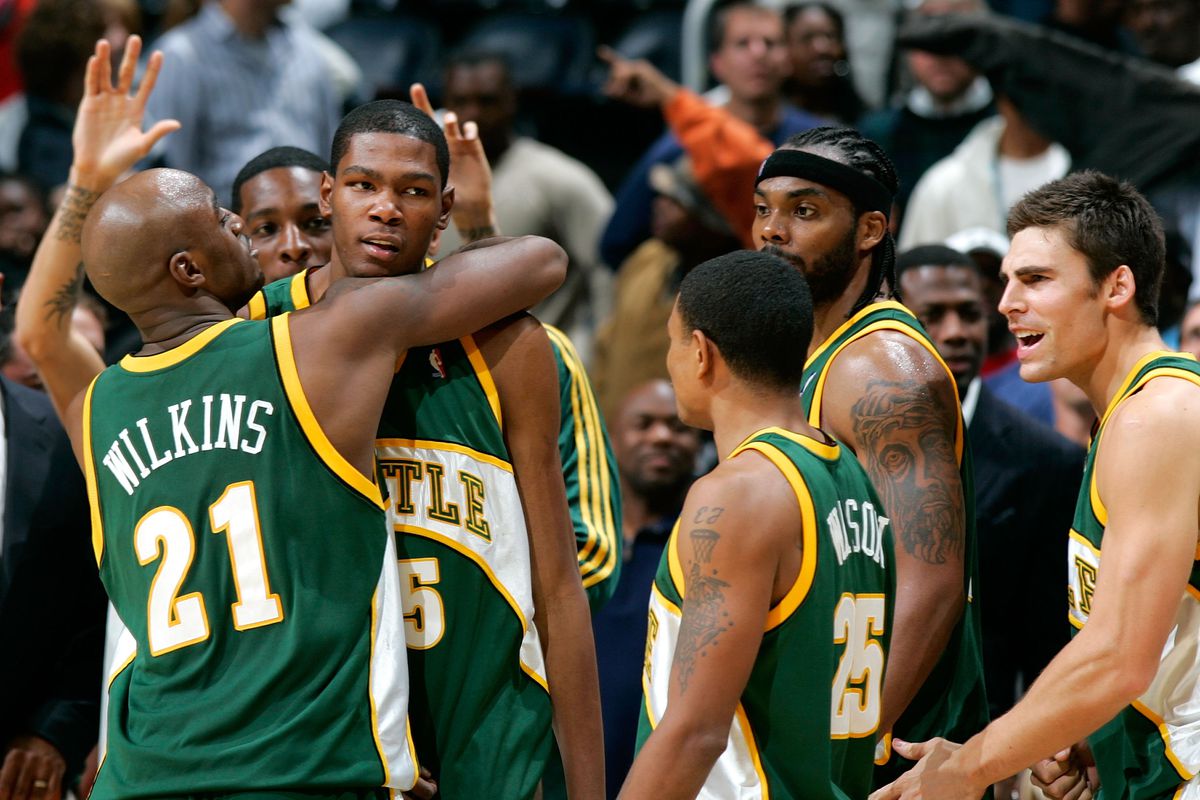
For nearly a decade, the Seattle SuperSonics have been relegated to the past tense. Once a staple in the NBA, they are now the league’s lone cold case, with few willing to relive the events that became the demise of the once proud franchise.
The Sonics played their final home game on April 13th, 2008, a win over the Dallas Mavericks. They finished their season three days later on the road facing Golden State, a game in which rookie of the year Kevin Durant scored 42 points.
Two months later in the 2008 NBA Draft, Seattle selected point guard Russell Westbrook and forward Serge Ibaka, who would become franchise building blocks in the years to come.
Except, there were not any years to come, because that was the last time Seattle did anything in the NBA.
In 1996, the Sonics were one of the best teams in the league, returning to the Finals for the first time since 1978, losing in 6 games to Michael Jordan and the Chicago Bulls. Their stellar lineup of Shawn Kemp, Gary Payton, Sam Perkins, and aging vets Nate McMillian and Detlef Schrempf appeared ready to take a title in the next 2-3 years, and everything was perfect in Seattle.
Except that there was trouble, and the family didn’t seem to want to stay together.
Kemp was unhappy with his contract, and wanted to renegotiate. Due to the CBA at the time, the team could not alter his deal until 1997, instead spending a small fortune to bring in Jim McIlvaine, a seldom used shot blocking specialist whose career numbers make La’Var Ball’s college stats look stellar. Imagine seeing Damian Lillard take Portland to the Finals, demand a new deal, and see the team instead choose to highly over pay Meyers Leonard. There may not have been a way for the team to compensate their superstar, but you can see the problem.
An extremely seasoned Craig Ehlo was brought on board in 1996-97, and the team made it to the 2nd round, losing to eventual champion Houston in seven games. Ehlo retired following the season and in a startling move, the team traded the extremely popular Kemp to Cleveland, signaling the end to what many consider the golden era in Seattle. In 1997-98, the Sonics added Vin Baker, Jerome Kersey, and Dale Ellis. They again advanced to the second round of the playoffs, where they lost to the Lakers in five games.
In the 1998 offseason, the team continued its descent. Head coach George Karl, who led the team to Space Needle heights in the 1990’s, was out the door thanks to a disagreement with the front office on the direction of the team. He was not fired, he was just not invited back after his contract expired either.
Nate McMillian, affectionately known by the fans as “Mr. Sonic”, retired, Sam Perkins and Jerome Kersey signed with new teams, and extremely unpopular center Jim McIlvaine was traded to New Jersey. They missed the playoffs in a strike shortened season in 1999, and by the start of the 2000 season, superstar point guard Gary Payton was the only player remaining from the 1996 Finals team.
Barry Ackerley had owned the team since 1983 (after purchasing the Sonics from previous owner Sam Schulman who founded the team in 1967), and in 2001 sold the franchise to the Basketball Club of Seattle, led by Starbucks CEO Howard Schultz
The Coffee King of Seattle helped lure future Hall of Fame center Patrick Ewing to the northwest after spending his collegiate and professional career on the east coast, but Ewing was well past his primed and the team struggled and missed the playoffs. Ewing left after just one year, returning to his beloved east coast. The team elevated Nate McMillian to head coach after firing Paul Wesphal. The Sonics made the playoffs in 2002, losing in the first round, and trading Vin Baker to the Celtics.
In 2003, Gary Payton was traded to Milwaukee, officially ending the dreams of any Sonics fan to see Payton or Kemp win a title in Seattle. In return, the team was sent star shooting guard Ray Allen, known as supporting character Jesus Shuttlesworth in “He Got Game”. Allen definitely had game, as he led the team back to the playoffs in 2005, beating the Kings in the first round and losing to the eventual champion Spurs in the second round. Nate McMillian left for Portland and was replaced by Bob Weiss, who was replaced by Bob Hill in 2007.
In 2006, following financial struggles related to poor performance and attendance as well as a lack of public funding for a new stadium, the Sonics were sold to the Professional Basketball Club LLC, led by Clay Bennett, who will be referred to here as puke face mcgee, of course in all lower case. As the group was from Oklahoma City and did not have professional or personal ties to the area, Schultz foolishly bought their intentions to represent OKC AND keep the team in Seattle, so he sold them the team, but also made certain that part of the sale included an agreement by the new ownership to make a “good faith effort” to keep the team in Seattle. Good faith, in OKC terms, means to hear millions of voices cry out, only to be suddenly silenced. With this agreement in place and the team still on a lease to play in Key Arena through the 2010 season, a move would not only be unlikely, but financially unrealistic. In other words, it meant that Clayface was about to pull one sickening joke over on the Seattle faithful.
In 2007, Ray Allen was traded to Boston on draft day in exchange for Boston’s first round pick Jeff Green, who would be paired on the court with the Sonics’ first round pick Kevin Durant. The 19 year old Durant finished his rookie season with 20 points per game, joining LeBron James and Carmelo Anthony as the only teenage players to average 20 points over an entire season. In his only season with the Sonics, Durant outplayed #1 overall selection Greg Oden by 82 games.
During the 2007 season, as the Sonics struggled on the court, their ownership struggled (whether their hearts were in it or not – we’ve all seen the emails, they weren’t interested in Seattle) to secure public funding for a new stadium. The city passed a new measure that would make securing funding for stadiums very unlikely, and with pressure from the league to build a stadium that met current standards and capacity (Key Arena was the smallest venue in the league), Bennett and his extremely wealthy partners decided not to fund their own stadium, and instead began working on a newer, and darker plan. After watching too many Star Wars movies (and an excellent fan made documentary SonicsGate), I have reason to believe that this was their intention all along.
The Sonics’ regular season ended on April 13th, and on April 18th, the league owners voted to allow Seattle to move to Oklahoma City. I know their season was bad, but I didn’t think it was a “good lord let’s get this riffraff the hell out of there” level of awful. Of the 30 owners, only Paul Allen and Mark Cuban voted against the move. After leaders in Seattle brought on a lawsuit and a failed attempt by a new group of investors to purchase the team back, on August 29th, new team owner Clay Bennett held a press conference to introduce his new team to the world, in a new city, with new fans.
And just like that, the Sonics, after being in the league for 41 years, disappeared without a trace, with many wondering if they will ever see them again. They had two owners from 1967-2001, and in one stretch of 8 years under bad ownership, everything fell apart.
In 2013, a new investment group led by Chris Hansen and Steve Ballmer attempted to revive the Sonics. Their group intended to purchase the Sacramento Kings and relocate them to Seattle. The Kings agreed to the deal in principle, so long as the league approved the sale. But then hated rival point guard Kevin Johnson (formerly of the Phoenix Suns) who was somehow mayor of Sacramento at such a crucial time, stuck his foot in the door and countered with a lower offer. Golden State Warriors minority owner Vivek Randadive joined the Kings new investment group and it seemed that the Western Conference still had it in for the Sonics.
Despite the King’s current owners publicly stating their intent to sell to Hansen’s investment group and not the locals, the league voted against allowing the Kings to relocate, which in turn forced Hansen to withdraw his offer. Because who wants to own a team in that place (Modern Family is cool though).
As the league and the new local investors worked together, the Kings stayed in Sacramento and have a new stadium that opened in 2016, that is located on David J Stern Walk. And if that doesn’t make you want to puke, well, what will?
UPDATE: In 2017, the city of Seattle approved funding to renovate Key Arena to moder standards in order to attract potential NHL and NBA teams. The NHL is currently considering Seattle as the site of an expansion team. Currently, there are not any NBA teams considering relocating, and the league has no plans to expand. One can only hope that one day, the Sonics will be resurrected, and in their rightful place in Seattle.
If you have any information on this case, write to us at Unsolved Mysteries… You need not give your name.

